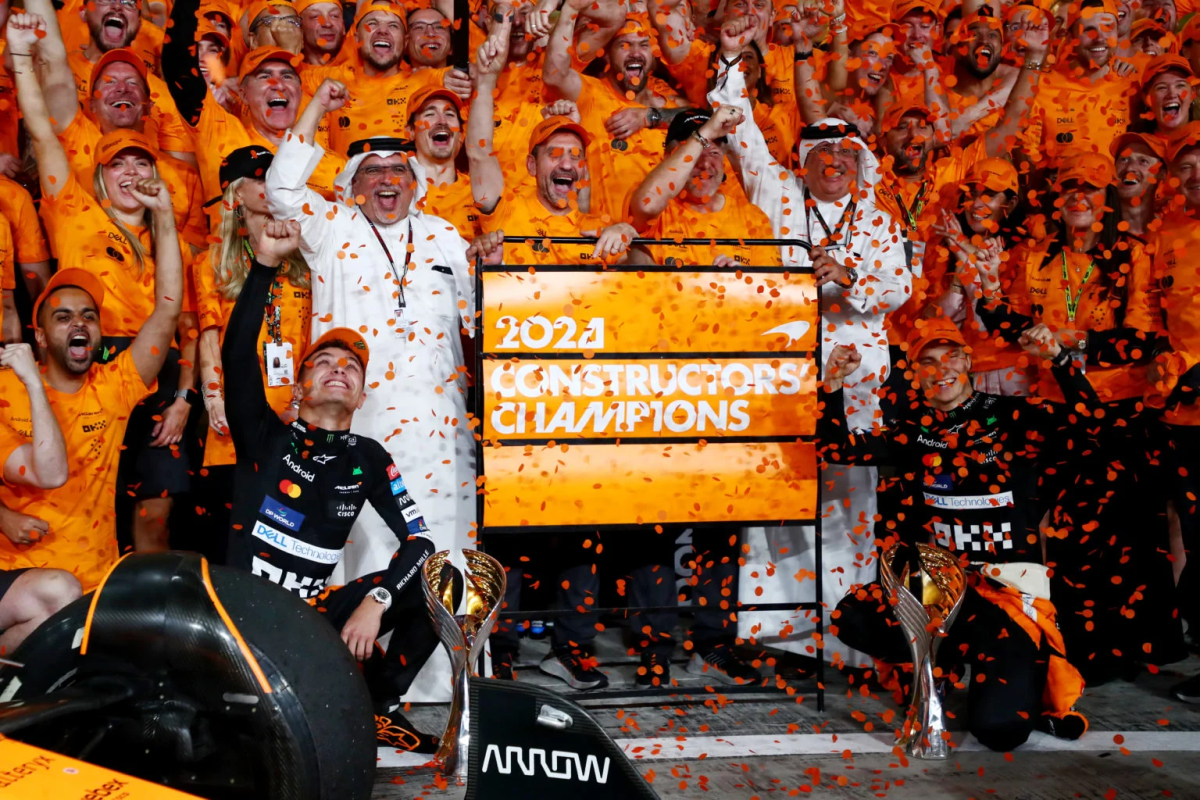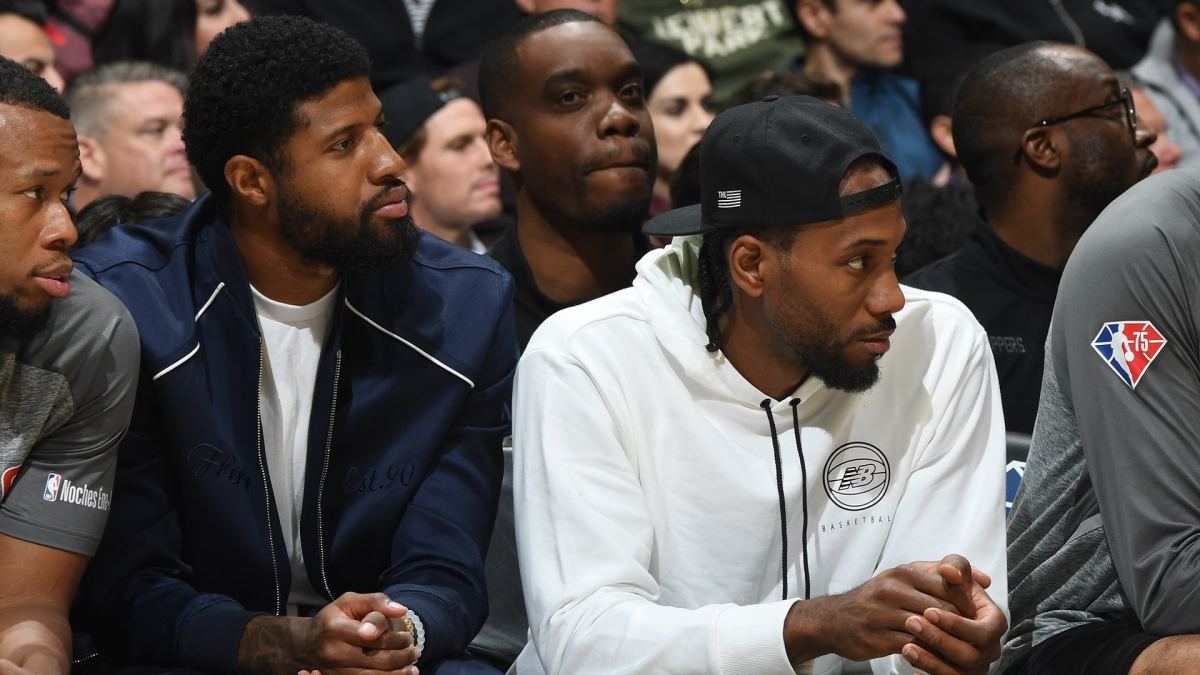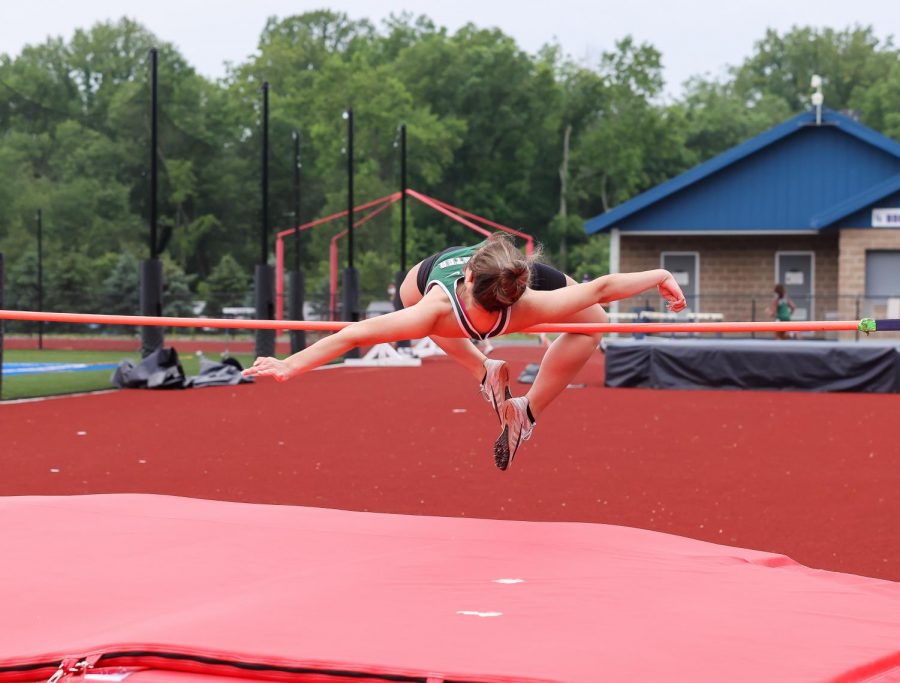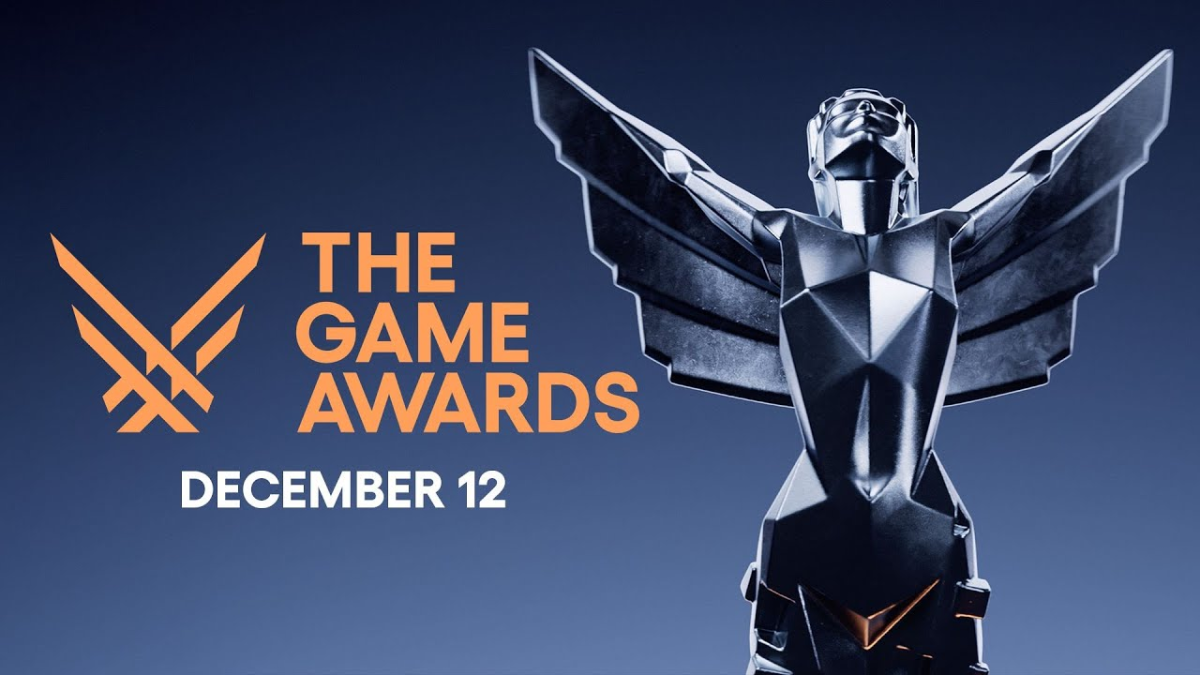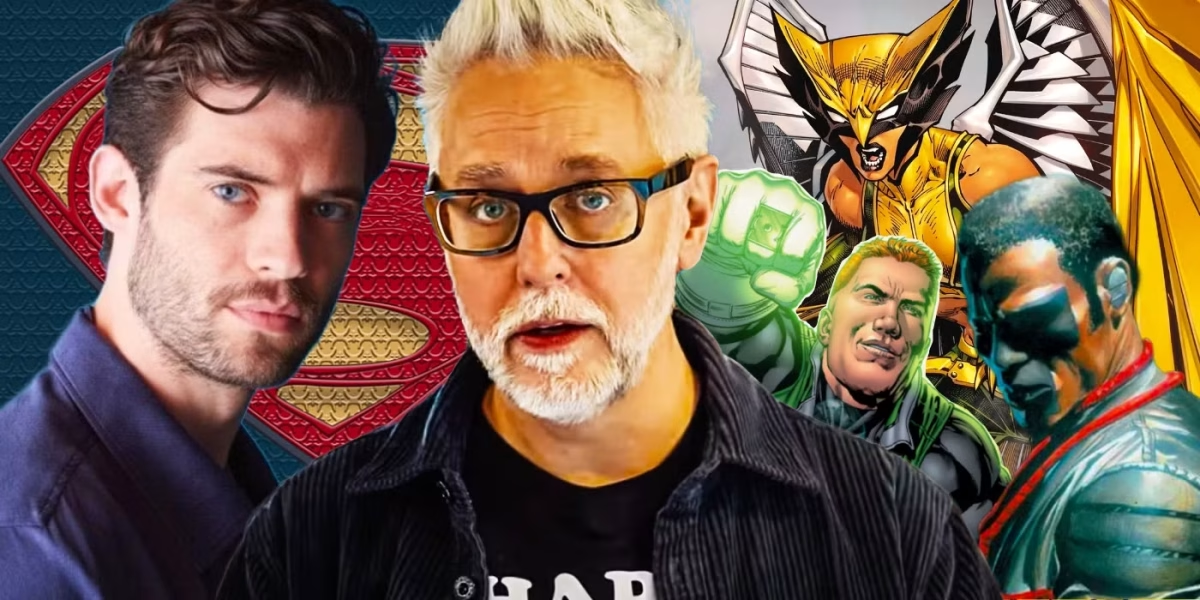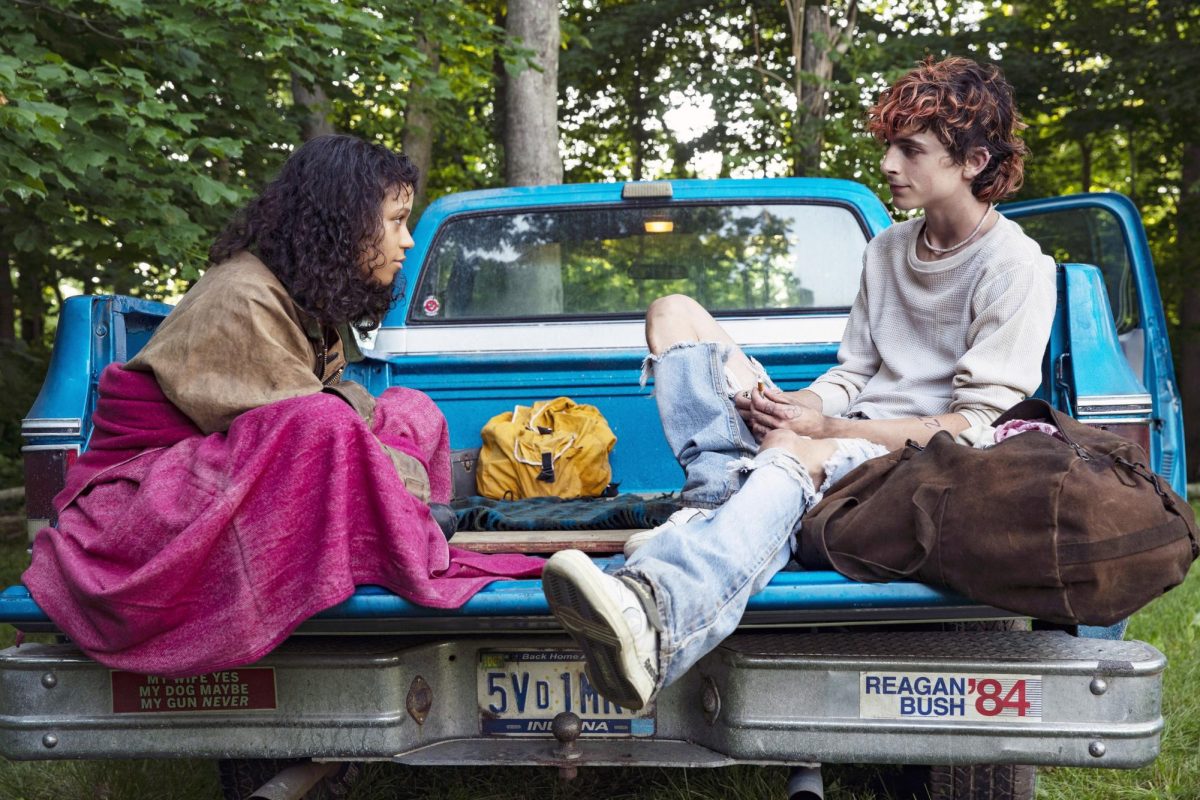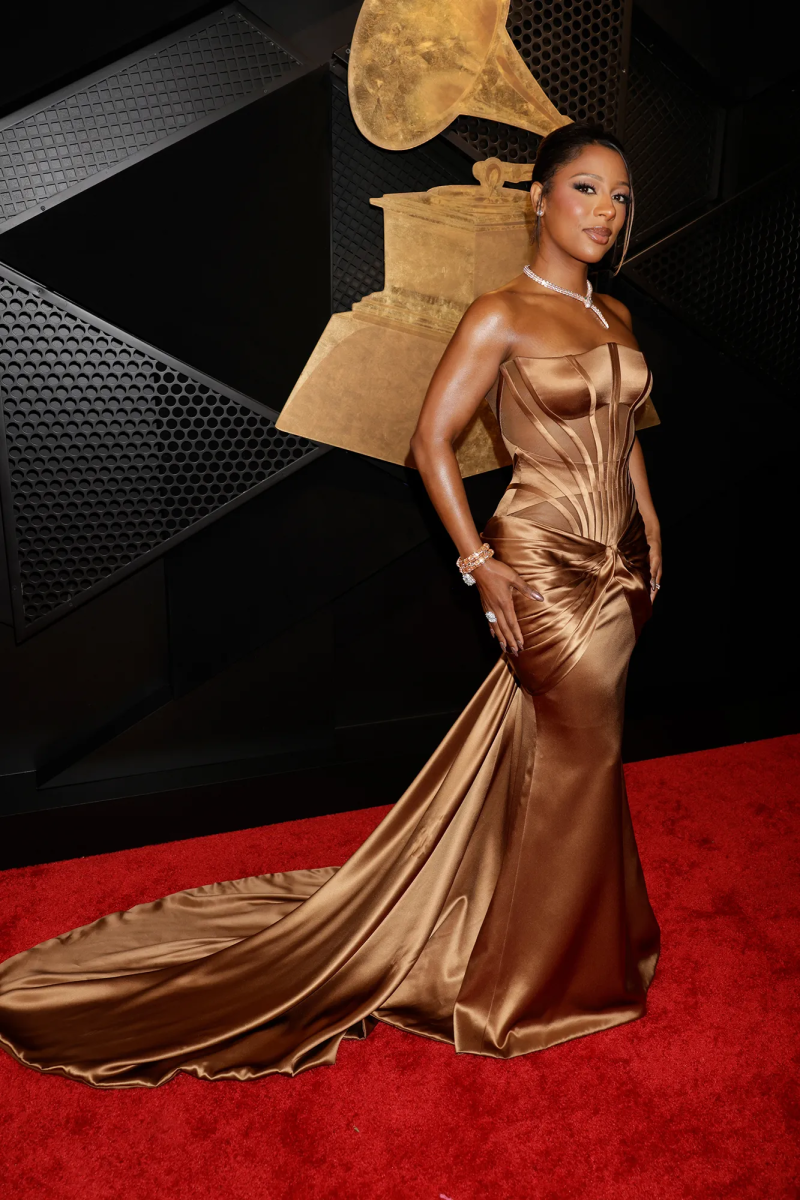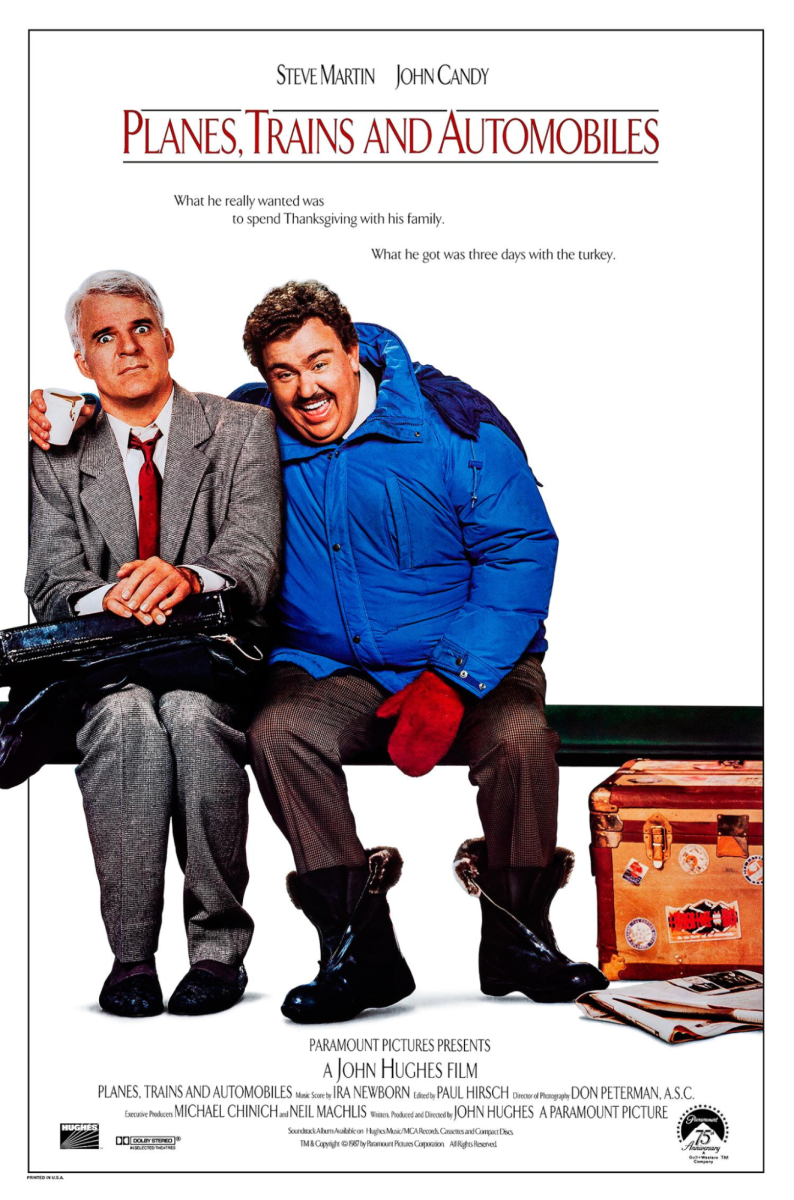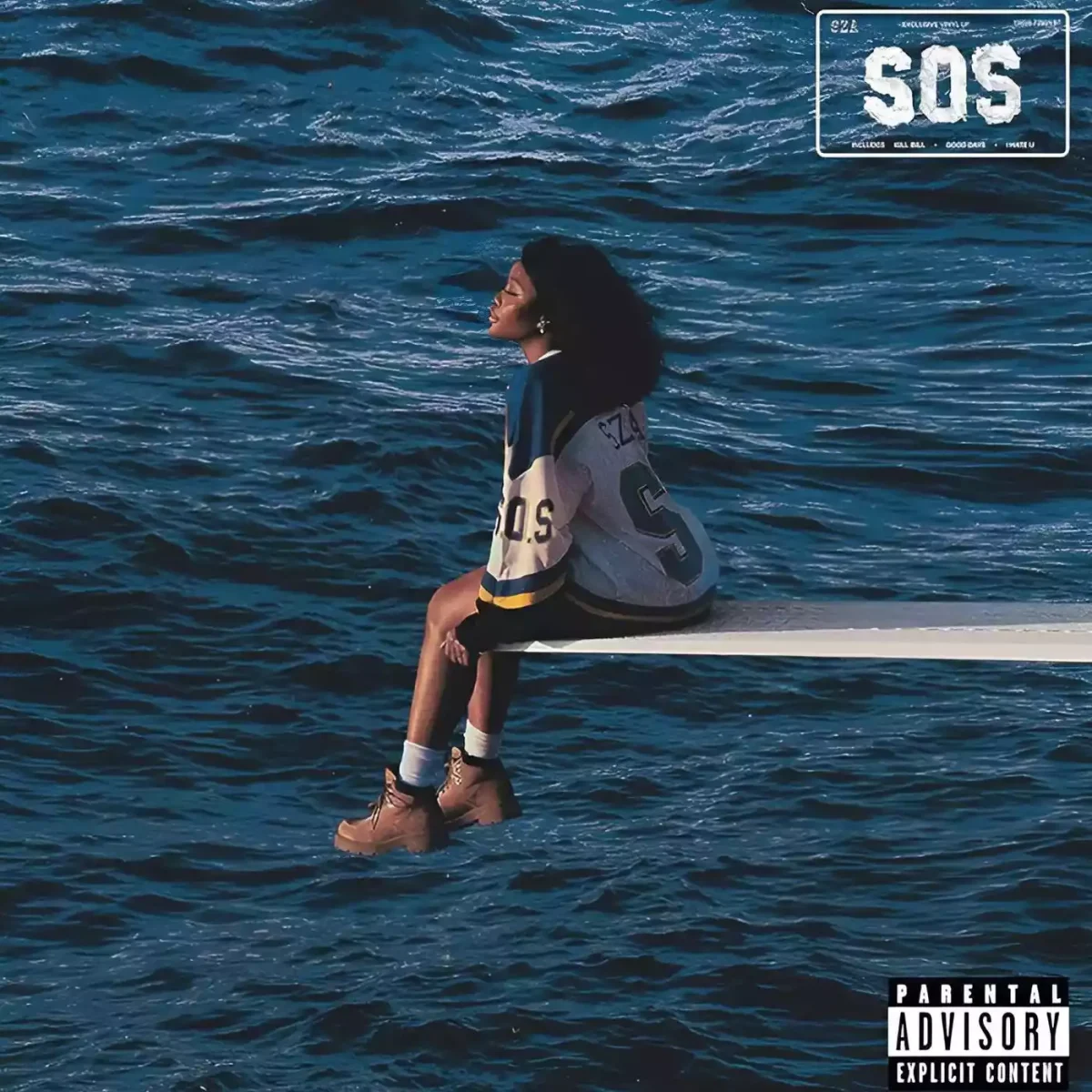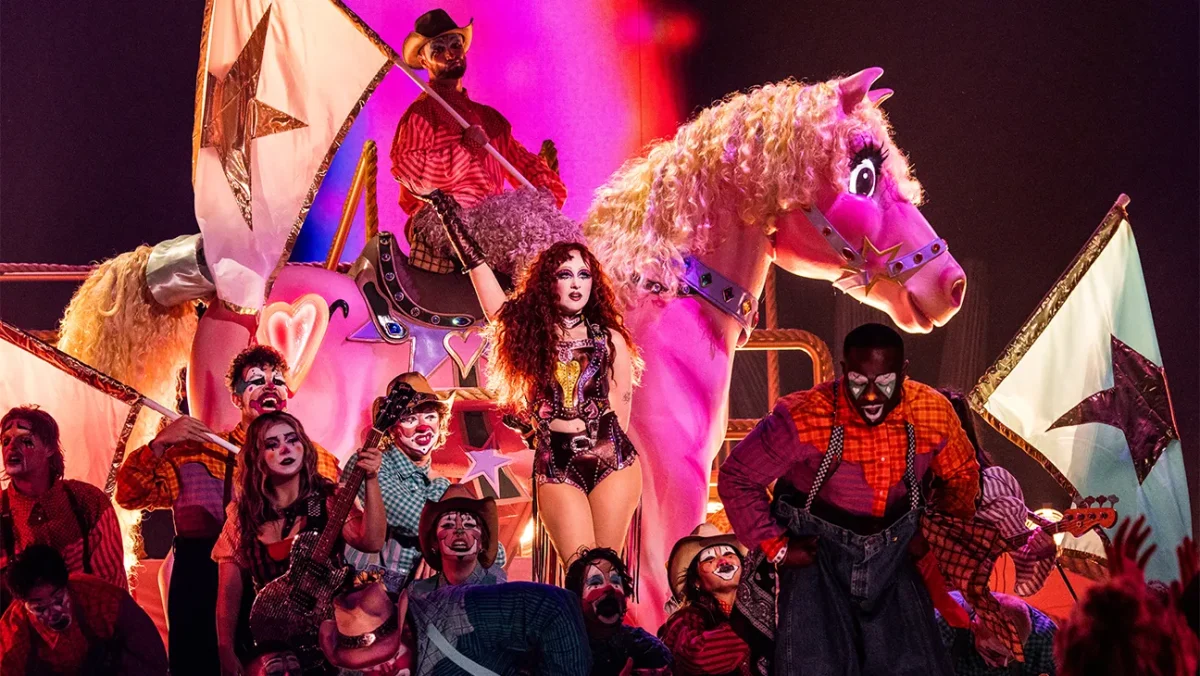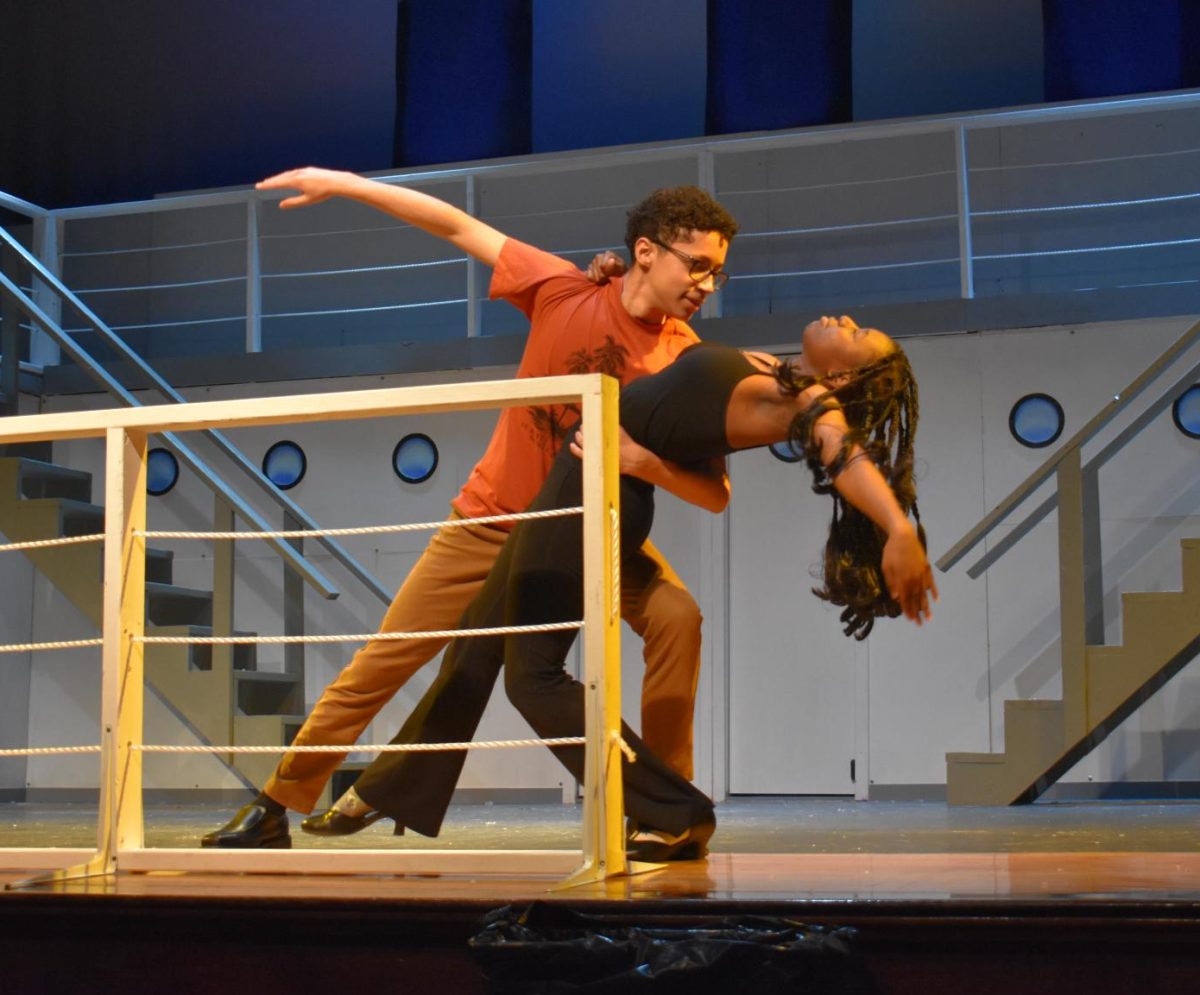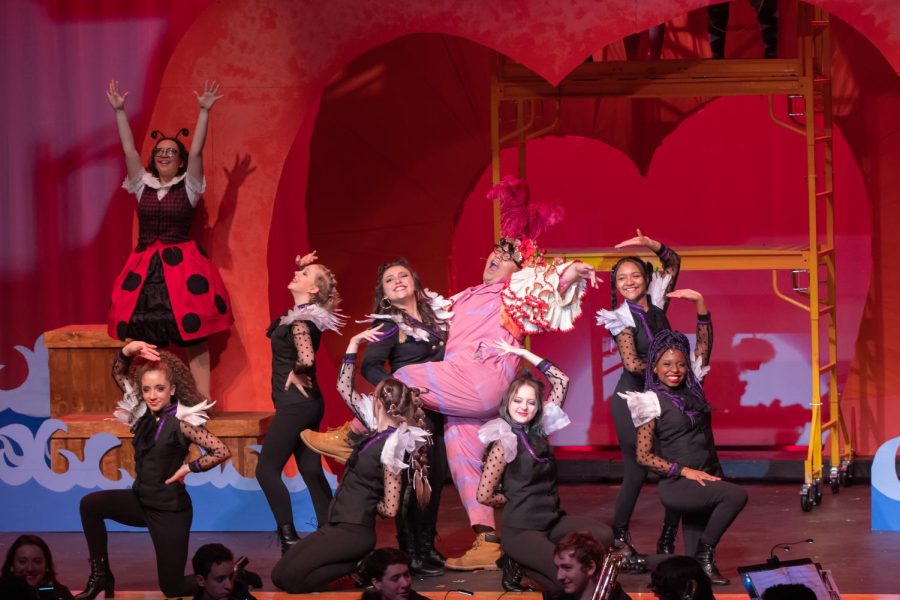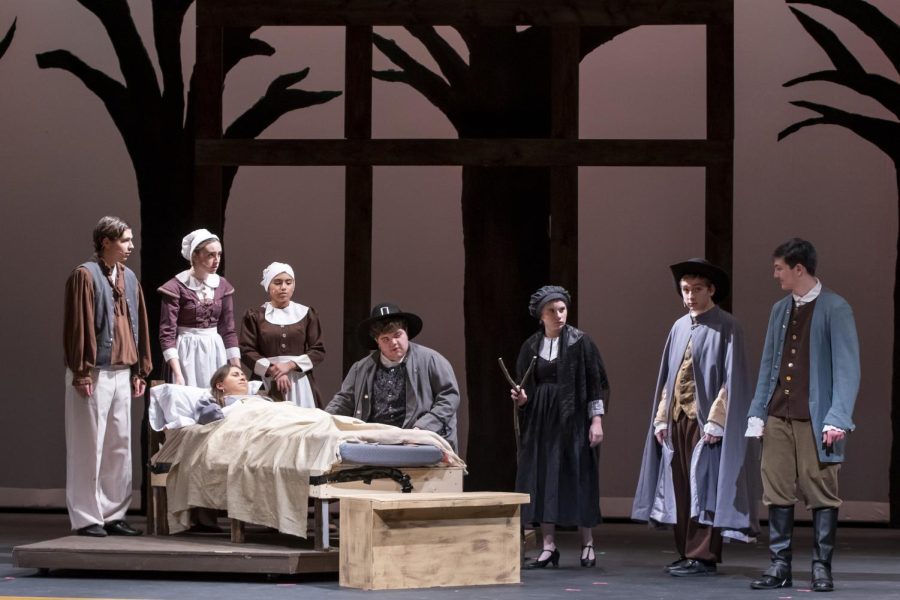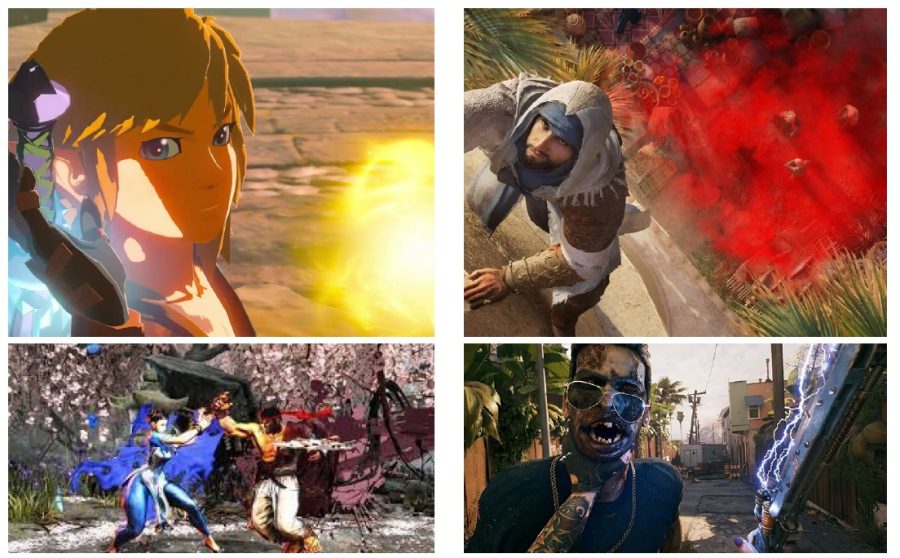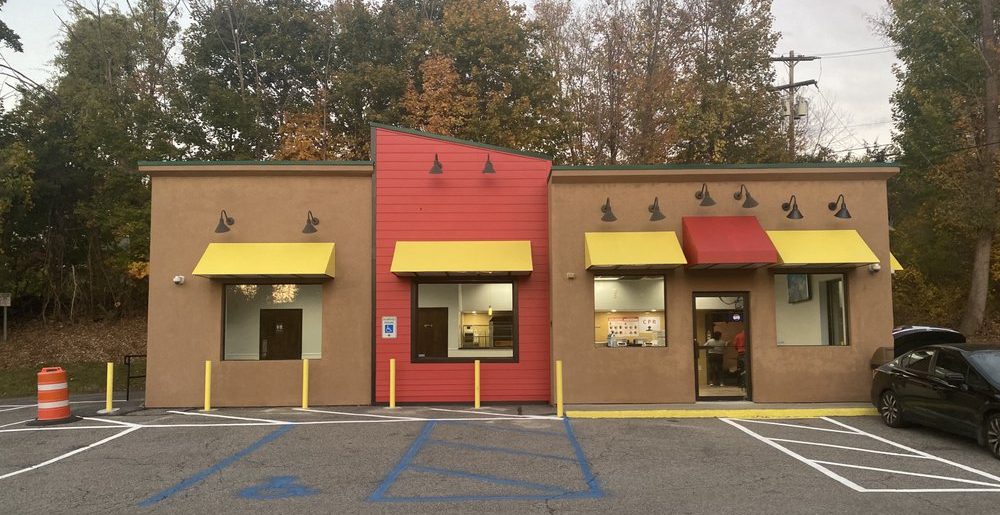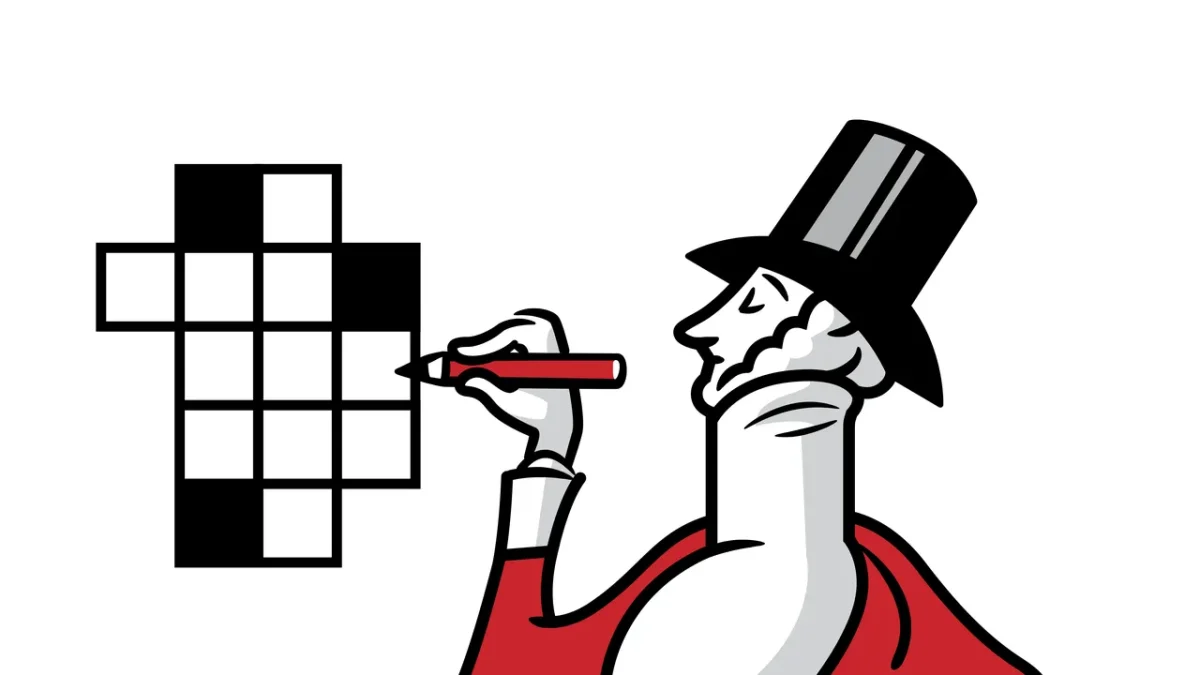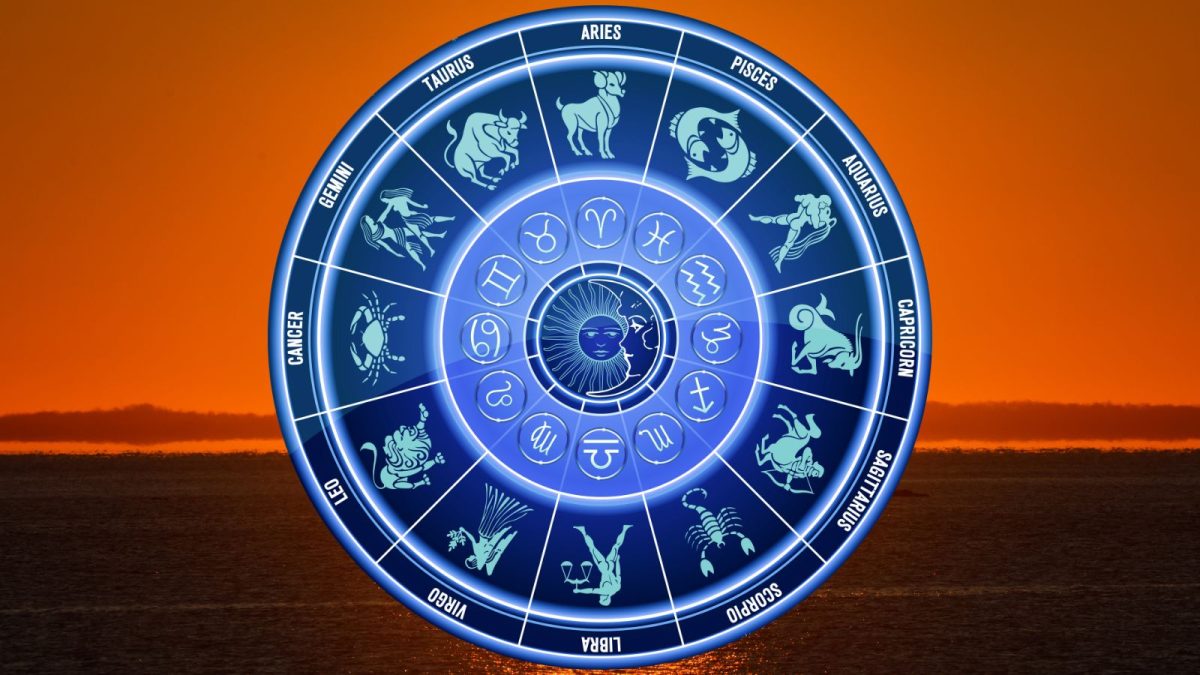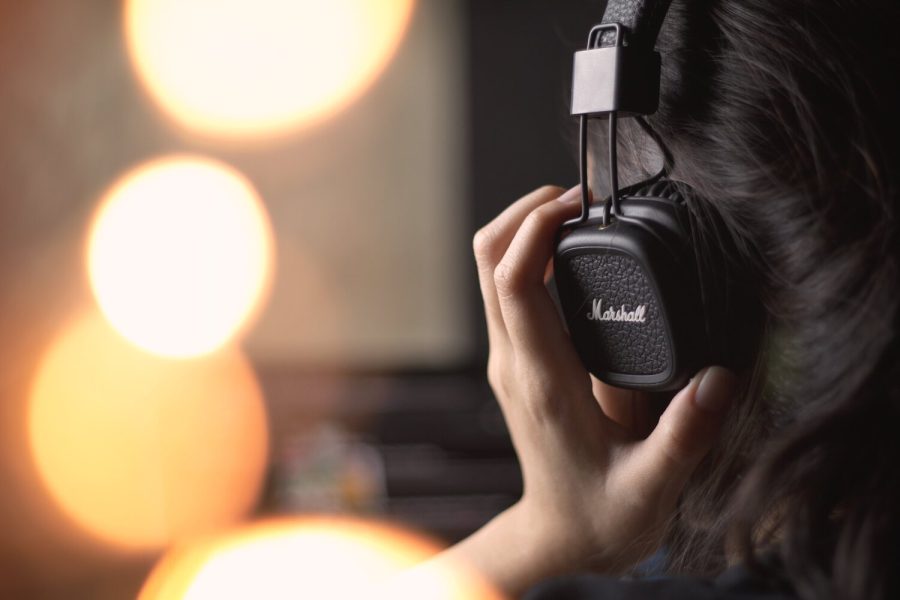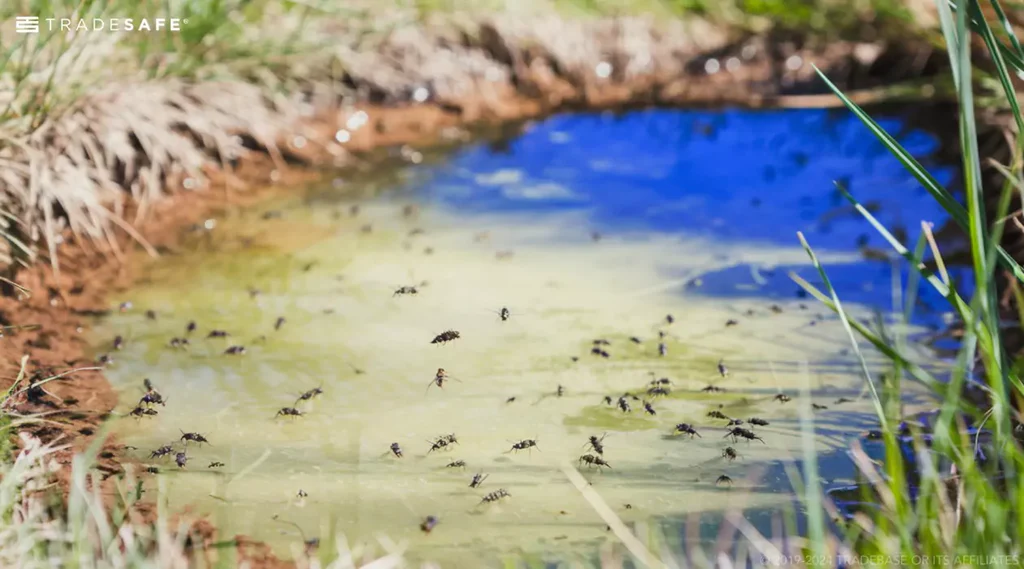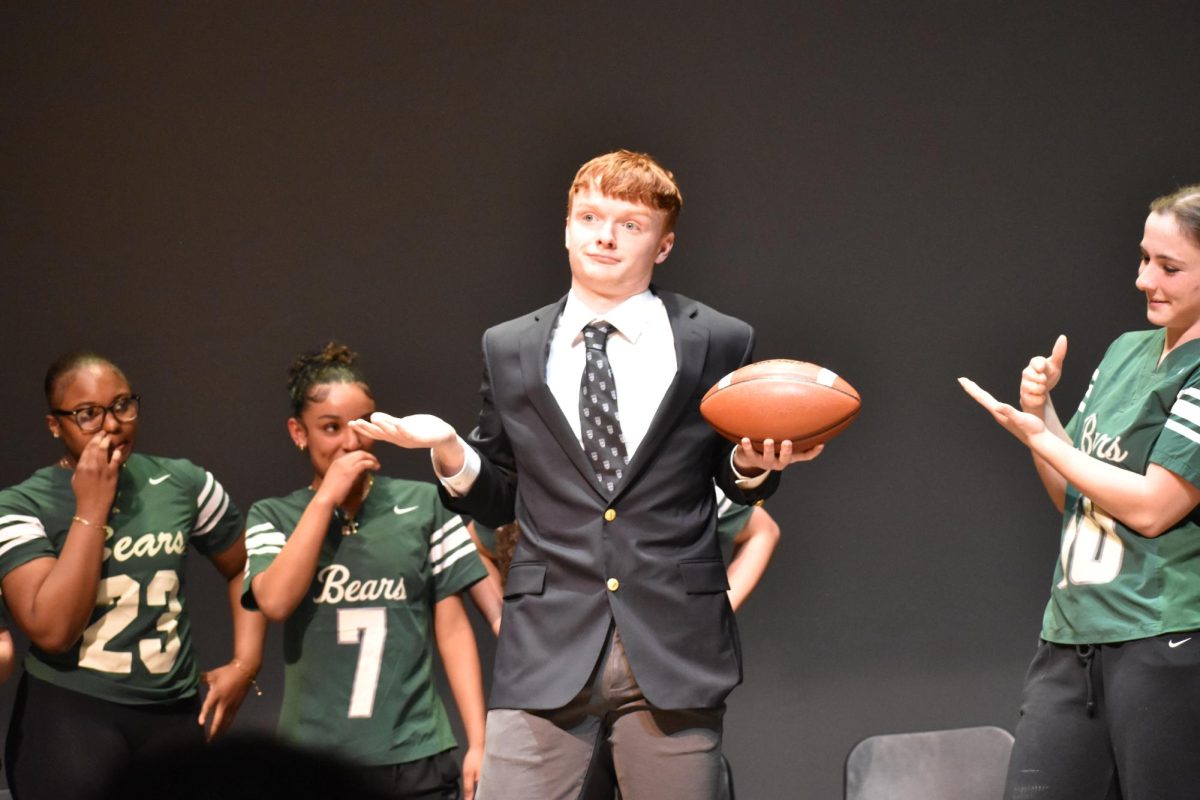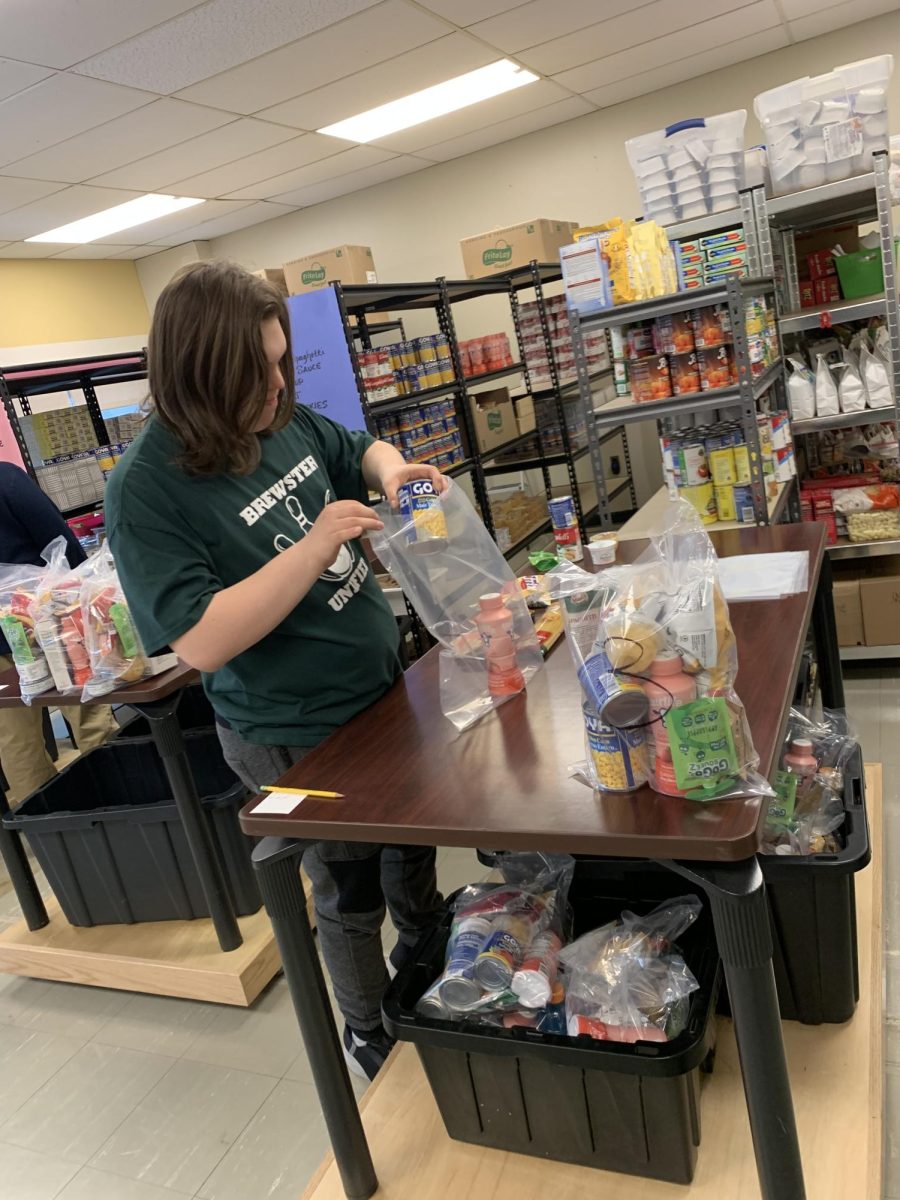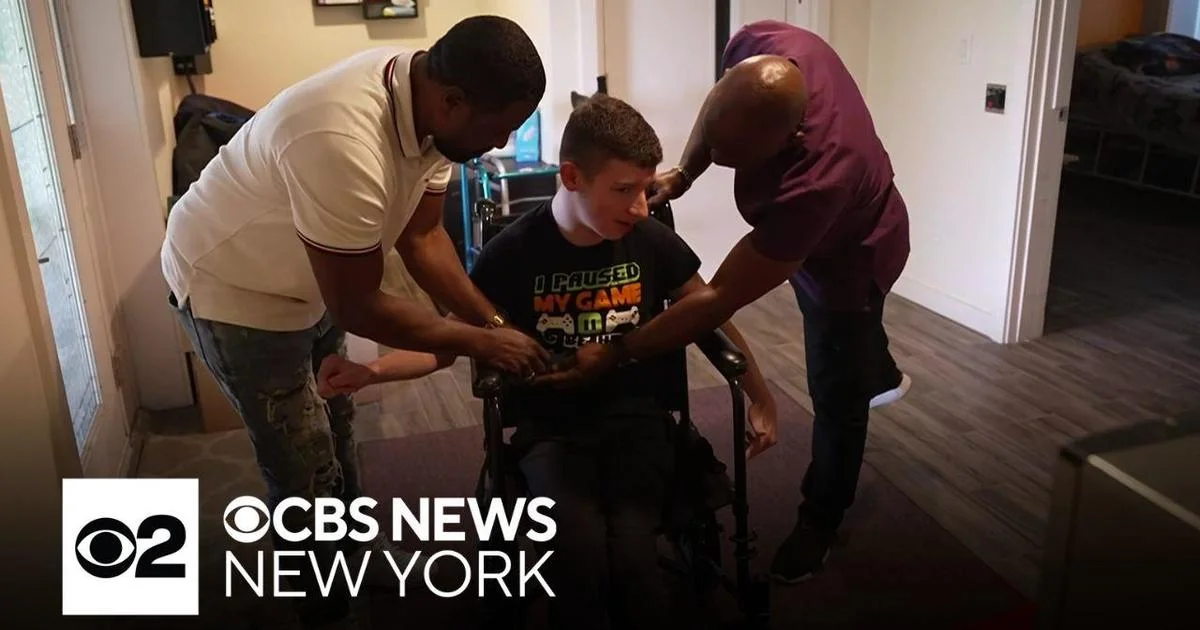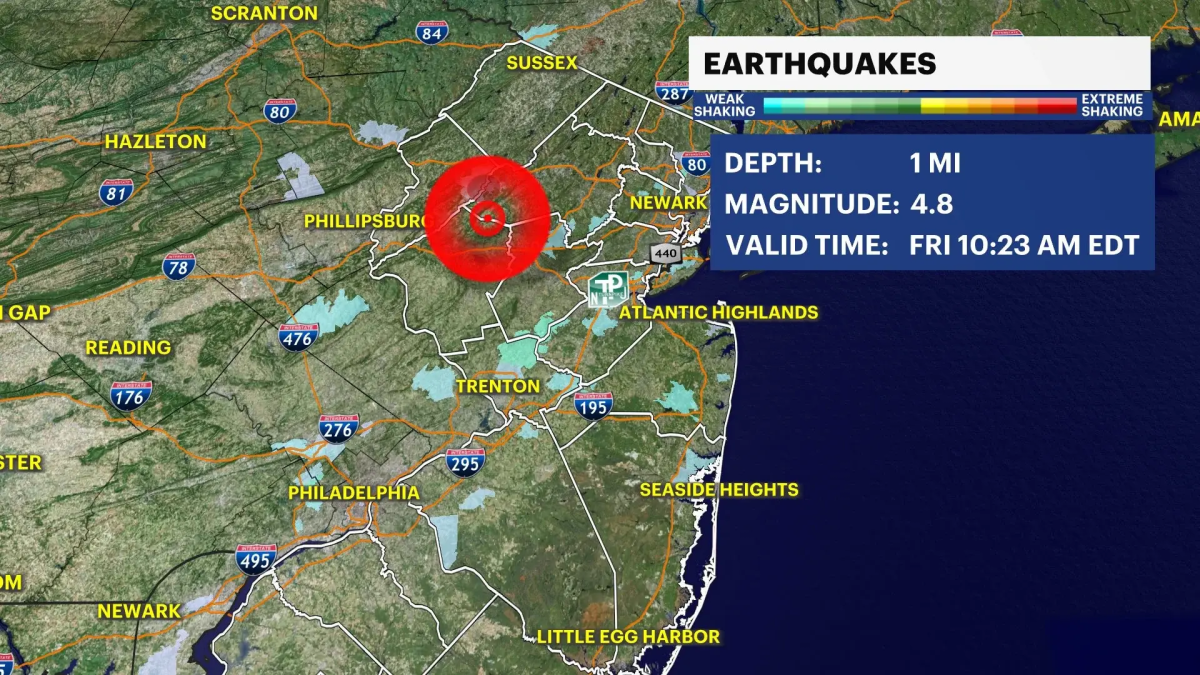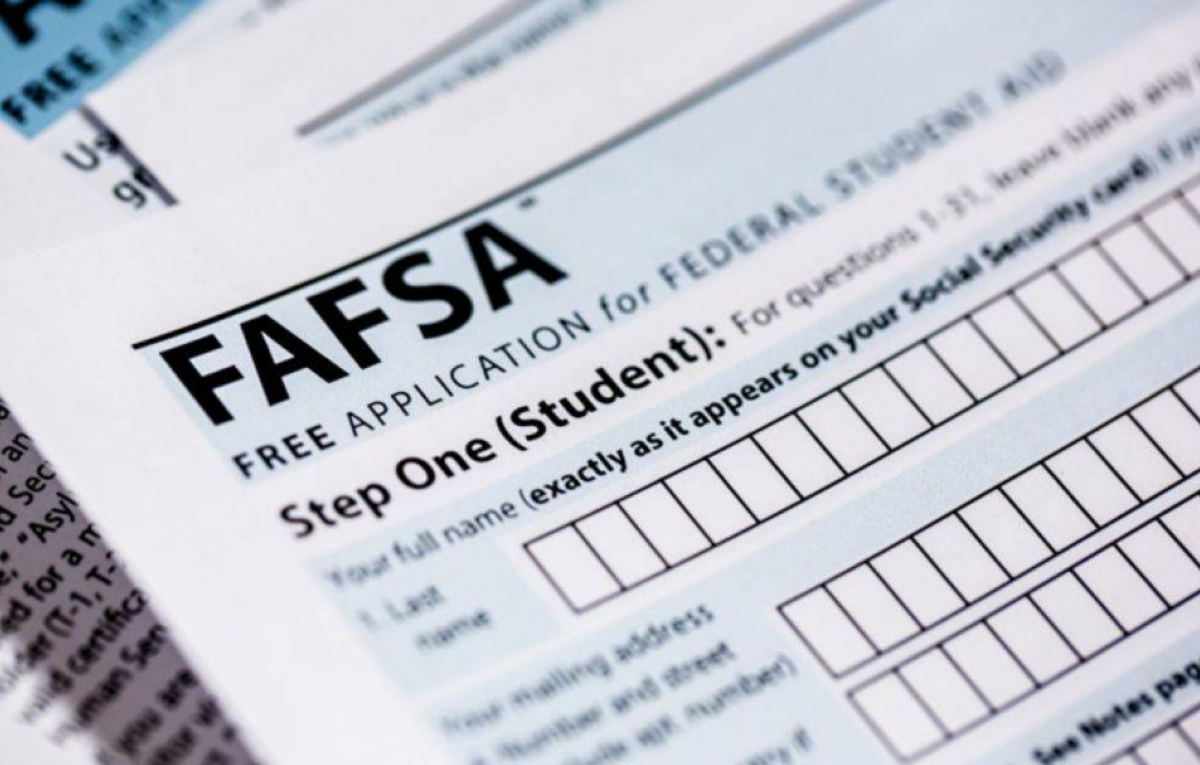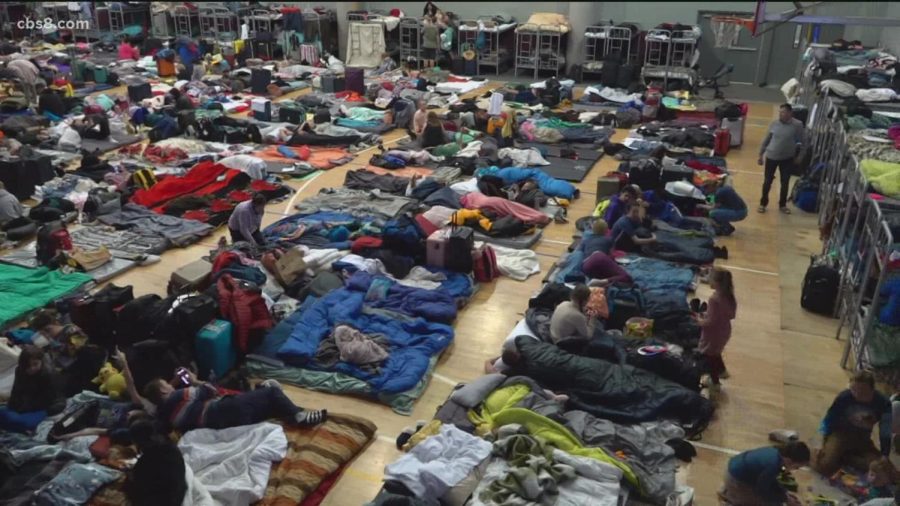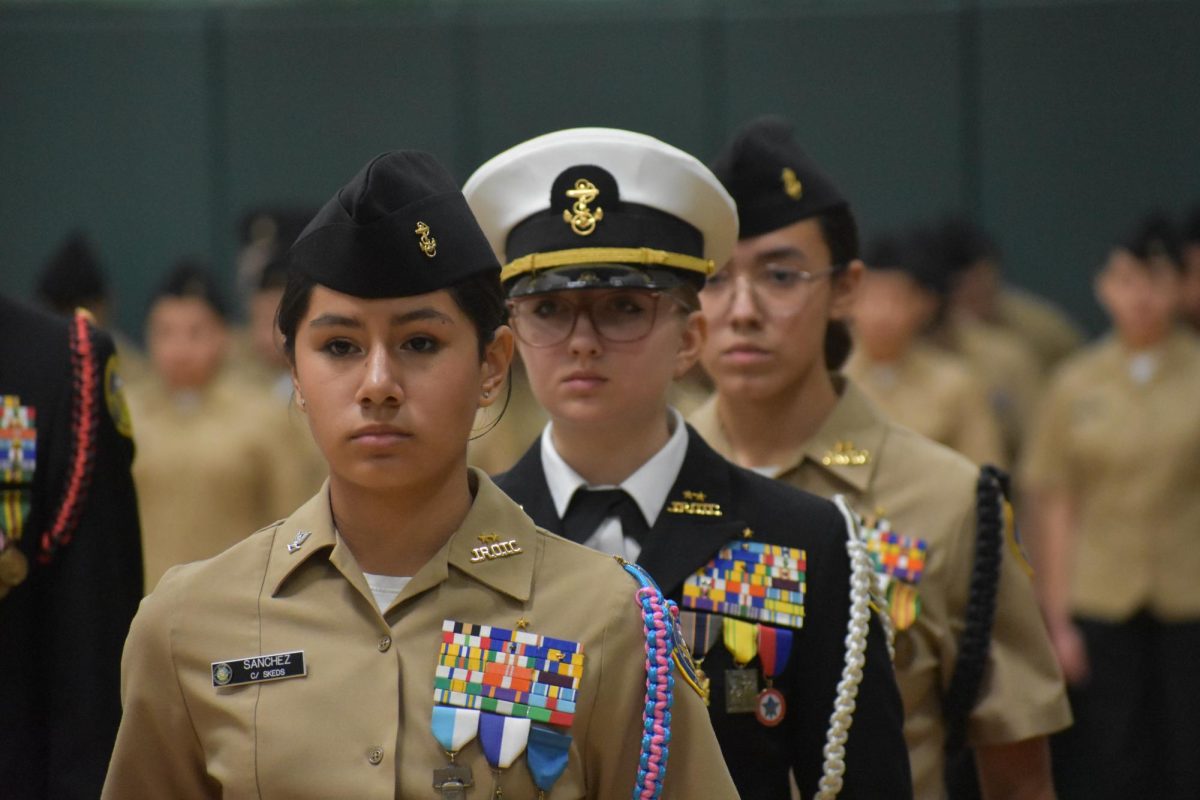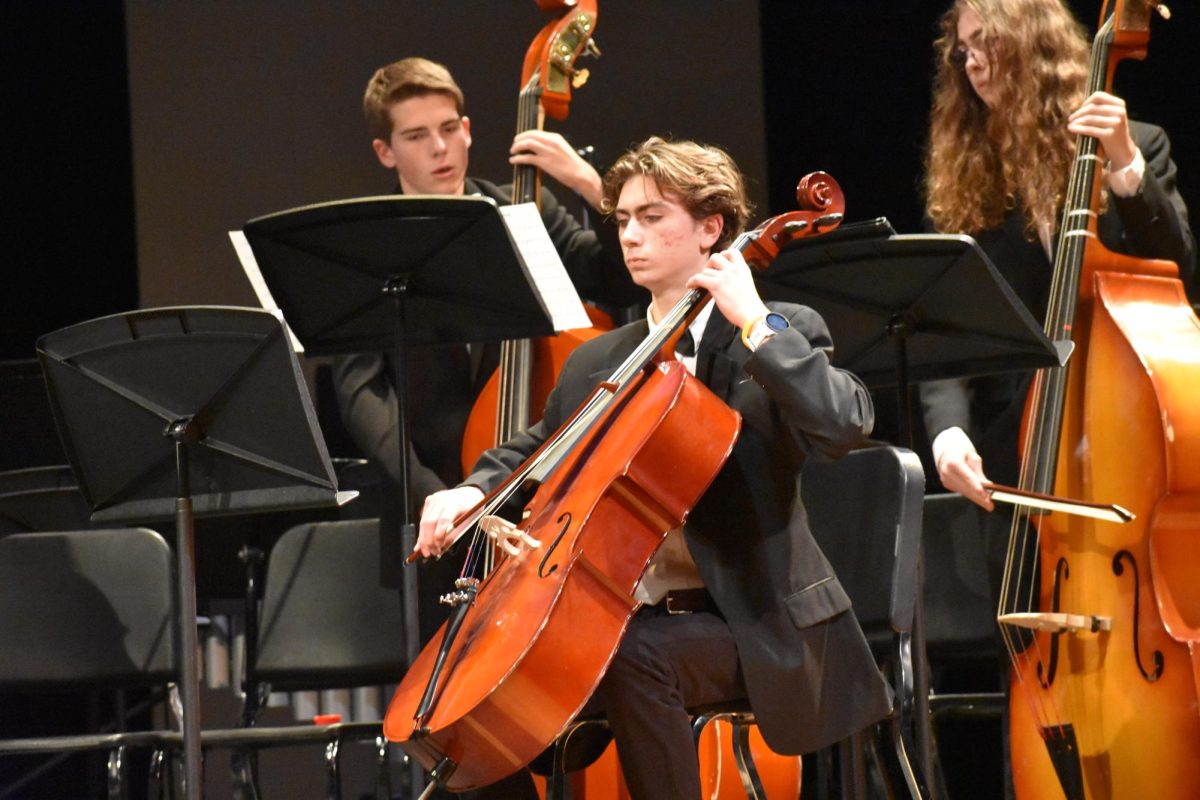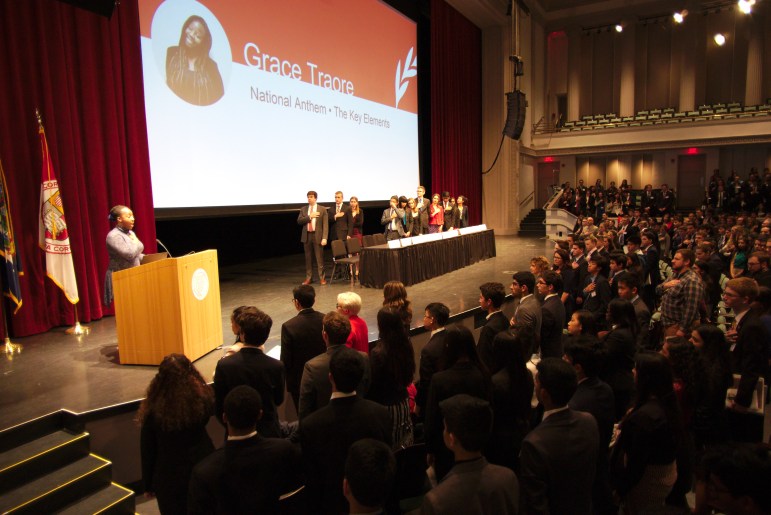Cornell University’s Mixed Bag Model UN Conference
October 3, 2017
From 3/20 – 3/23, 21 members of Brewster’s Model United Nations club attended Cornell University’s Model UN conference (CMUNC), the largest conference we have attended. Some committees had over 70 delegates in a single room, and whole buildings on Cornell’s campus were opened up for the event. Despite the impressive scale of the conference and the inclusion of some very interesting concepts, its success was mixed.
Several committees complained that the conference wasn’t being run correctly, and multiple committees failed to achieve their goals or went dramatically off task. My own committee, the Organization of American States (OAS), was doomed from the start. We were tasked with fighting corruption and inequality in the Americas, but the OAS doesn’t actually have the power to pass or enforce laws, and therefore had no influence in government. It was only allowed to ‘make suggestions’ and in reality is mostly ignored by governing bodies across the continents.
There were other committees that started well, but didn’t function properly. The Gulf War committee was a Joint Crisis Committee (JCC) set in the immediate aftermath of the Iraq invasion of Kuwait. In JCC committees, the committee splits into two separate rooms, each representing a different side of a conflict or war, and each room has to work against the other and try and win. The staff will deliver messages between rooms and make news updates to keep each room in the know, and actions taken in one room will affect the other. Junior Keegan O’Connor was in the American room portraying Brent Scowcroft, while sophomores Supriya Sharma and Maria Najjar were on the Iraq side portraying Nouri al-Maliki and Jalal Talabani, respectively. The two rooms, however, weren’t able to effectively communicate, as several messages were lost, and the Iraq room got updates much more quickly. With the confusion and slow updates, Saddam Hussein was able to conquer not only Kuwait, but the entire Arabian Peninsula (renamed ‘Saddamistan’ after the invasion).
Yet, the conference was not without its successes. Senior Jamonica Warren won a verbal commendation for portraying the FNCEZ in her La Via Campesina committee, a group tasked with protecting local farmers across the world from industrial farms.
Additionally, there were the two unique committees Cornell ran, NGO and Ecofin. Ecofin would have been a typical economic committee, aimed at adjusting international trade agreements and discussing funding for renewable energy among many other things, except that it followed a different set of rules. Cornell is the first large committee in the country to use a complicated rule set called UN4MUN. Essentially, these rules are more similar to real life UN conferences instead of the abridged version used in high school conferences. Junior Nathan Whitney was asked to participate in Ecofin because he is one of the few members who is patient enough to study the new rule set right before the conference. The committee ended up passing a 15-page resolution which every country present agreed to, except for Iraq: an impressive feat of diplomacy.
The second Unique committee was the NGO forum, which was a resounding success. In the NGO forum, each delegate represented a wealthy company or humanitarian aid program, and were the only delegates that were allowed to go to other rooms and interact with delegates outside their own committee. NGO delegates had the objective of going to other committees, and funding their activities. Junior Angelo Casale was representing OSF in NGO, who donated 75 million dollars to building schools in various countries as well 10 million dollars to building rehab centers in Southeast Asia. This committee had less to do with debate and more to do with building other skills such as money and time management and multitasking, given that they would be negotiating with multiple different committees at once.
In the end, the success of the conference depended entirely on which committees members were in. On a unanimously positive note, we all got to spend four days exposed to some interesting new ideas and met a variety of people we would not have encountered without the CMUNC.


